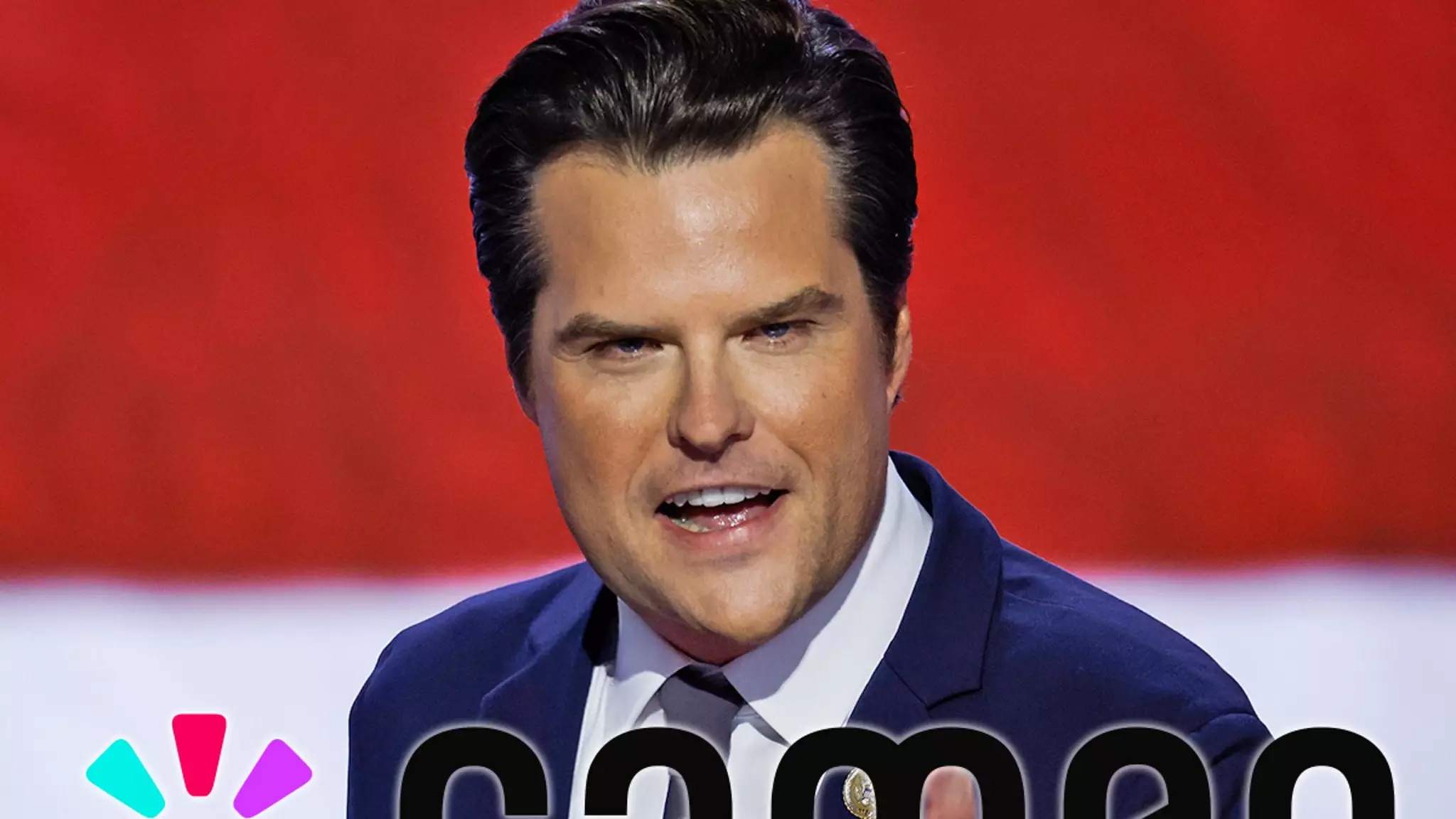Matt Gaetz, the once high-flying congressman from Florida, has found himself in an unusual position within the past few weeks. Initially, he was thrust into the spotlight when former President Donald Trump hinted at nominating him as Attorney General—a move that raised eyebrows, given Gaetz’s ongoing allegations of sexual misconduct. This nomination was widely scrutinized and seen as controversial, further complicating Gaetz’s already tumultuous reputation in the political landscape.
This consideration for such a high-ranking role suggested that Gaetz still held significant sway within Trump’s political orbit, despite his legal troubles. However, the turbulence did not last long; within days, Gaetz withdrew his candidacy, citing the need to avoid becoming a distraction for Trump. This withdrawal exposed the precarious nature of Gaetz’s position: a man politically compromised and under fire, now opting to step back rather than risk further damage to Trump’s presidency.
A New Venture: The Cameo App
With his brief venture into the Attorney General role behind him, Gaetz found himself unemployed and looking for alternative methods to sustain his public persona. Enter Cameo, the platform where individuals can purchase personalized video messages from celebrities, influencers, and now, former politicians. Gaetz jumped in eagerly, charging $525 per message. This pivot to a digital marketplace reveals a certain desperation—he is transforming from lawmaker to entertainer in a bid to maintain relevance.
In his Cameo bio, Gaetz provides a somewhat humorous take on his political career. He mentions his time in Congress and the brief consideration for the Attorney General position, all while employing tongue-in-cheek references that aim to resonate with a lighter-hearted audience. The quip about firing the House Speaker is particularly telling—it suggests a semblance of bravado amidst a backdrop of personal controversies, albeit tinged with irony as he now sells messages to fans rather than shaping legislation.
The Broader Implications and Comparisons
Gaetz’s move to Cameo bears a striking resemblance to other public figures who have landed in similar binds. Notably, he now shares this venture with George Santos, another controversial figure who has sought refuge in the world of personalized video messages. The stark contrast in their pricing, with Santos charging significantly less, raises questions about the perceived value of their personas during turbulent times.
The real intrigue lies in the broader implications of politicians utilizing platforms like Cameo. This shift denotes a significant change in how public figures are viewed and how they view themselves. As traditional political avenues become increasingly volatile, we may witness more politicians resorting to crowdsourced entertainment as a way to remain in the limelight. It presents an instability within the political sphere, where gravitas often gives way to the allure of quick cash and fleeting fame.
Matt Gaetz’s trajectory—from being an influential figure in Congress to navigating the realm of social media and entertainment—highlights the evolving landscape of politics in the digital age. His new gig on Cameo may symbolize not just a personal comeback attempt, but also serve as a broader commentary on the transient nature of political power and the ever-blurring lines between politics and entertainment.

